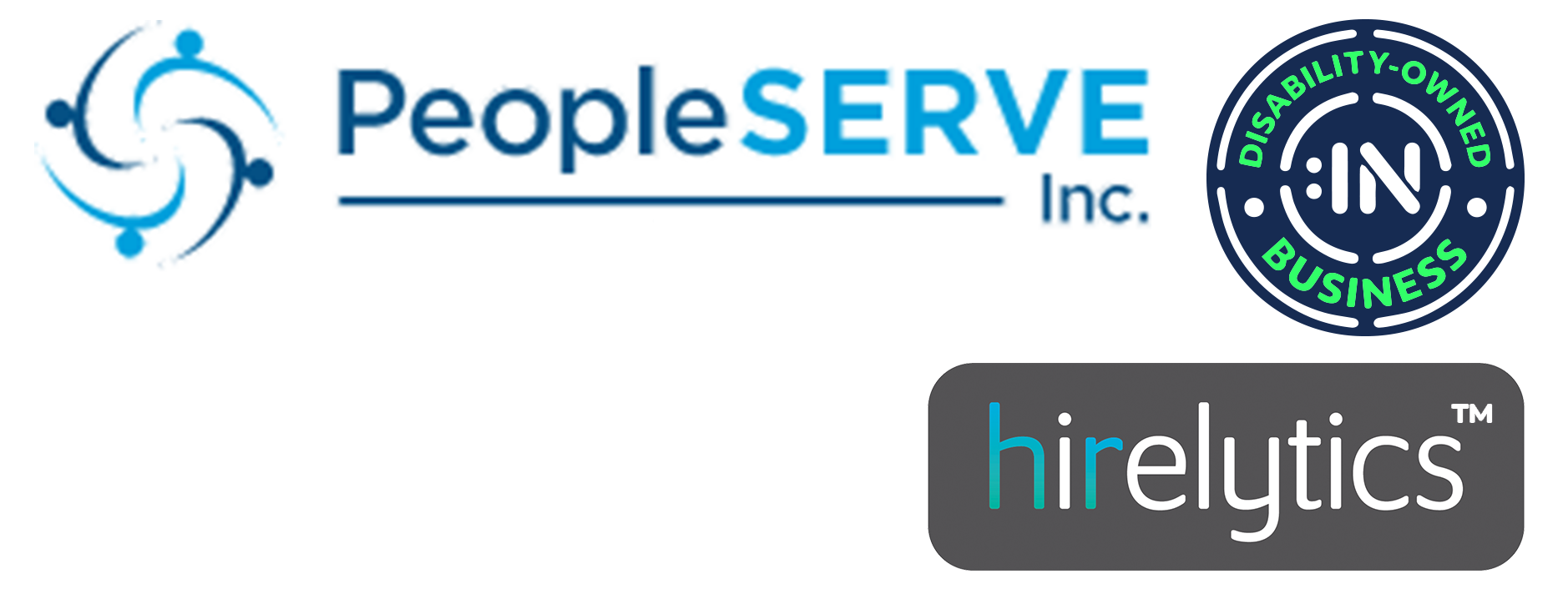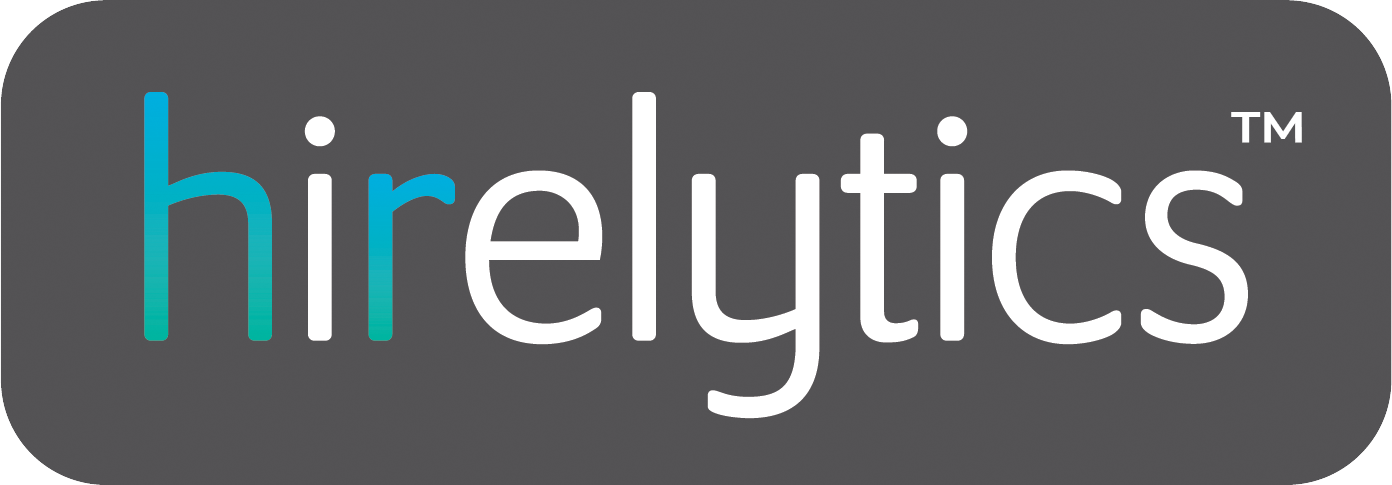Connecting jobseekers with a position that’s an ideal fit takes a village. It’s somewhat easier for a candidate to ask about project management or compensation packages (theoretically, at least) when they’re face to face with a company’s hiring manager. Things get stickier when there’s a third-party talent procurer in the mix. How can companies empower their recruiters to better represent their brand and bring in the best hires possible?
To answer that question, we work backward, starting with basic candidate expectations.
Know Your History
Yes, it’s important to read up on how the company evolved from a startup to its current state, but candidates can find that info on the web. Instead, get to know the growth of the project team, the development of management, and the corporate stance on technology.
Once you have a firm grasp on history, learn how whatever came before plays into what currently is and what will be. In other words, think about the company holistically — past, present, and future.
Deep Dive Into Project Status
Be able to articulate (at a granular level, no less) key details about the current state of project planning, including:
- Deliverable milestones already achieved
- Milestones scheduled for delivery
- Funding commitments for the project
- Expected duration/conversion

Prospects deserve to know what they’re signing up for. Joining a stalled project flailing around for budgetary support isn’t an ideal situation for jobseekers interested in a long-term home. Conversely, candidates hoping for contract work may not be thrilled to show up on their first day only to find they’re expected to participate in a three-year endurance run.
Speak Authoritatively to Compensation Structure
Of course candidates want to know what they stand to make, but compensation is more than salary. Throwing out a single number is short-sighted, and candidates know it. Talent procurers should be able to discuss the expected pay mix and elaborate on bonuses, commission, and other perks. In addition, talk about the drivers for the high end of the budgeted range. Everyone should be clear on what the company expects in return for top wages and why some candidates may receive a lower offer.
Talk About the Organization’s Value System
A comprehensive, four-country study conducted by Glassdoor in 2019 found that over three-quarters of adults won’t apply for a job without first considering the company’s culture. Jobseekers are looking for “more meaningful workplace experiences,” and that requires finding companies with which their values align.
Recruiters are more effective when they can articulate an organization’s value system. More than that, they should be able to know which principles and core tenets to highlight based on the candidate at hand.
Paint a Full Picture Pre-Interview
There’s no sense bringing in a candidate for a sit-down if it’s clearly a poor fit — though no one can see anything clearly if all the cards aren’t on the table.
HR partners should have the authority to craft customized summaries that sit alongside more typical corporate job descriptions. Broaden the scope of what insight candidates are offered and both the quality and quantity of those candidates may change. As a bonus, potential applicants can self-qualify much earlier in the process.
- Finding candidates that are the right fit is a group effort.
- Hiring managers must convey the right narrative to third-party talent procurers.
- In turn, those talent procurers relay the information during the interview process.
Together, the two entities are responsible for not only a successful talent search but also maintaining brand integrity. Be better about educating when it matters most, and you’ve now nimbly leapfrogged over other businesses vying for your candidate’s attention. The workplace is changing rapidly — are you keeping up? Learn more about the expectations of the modern workplace and how you can quickly adapt.


